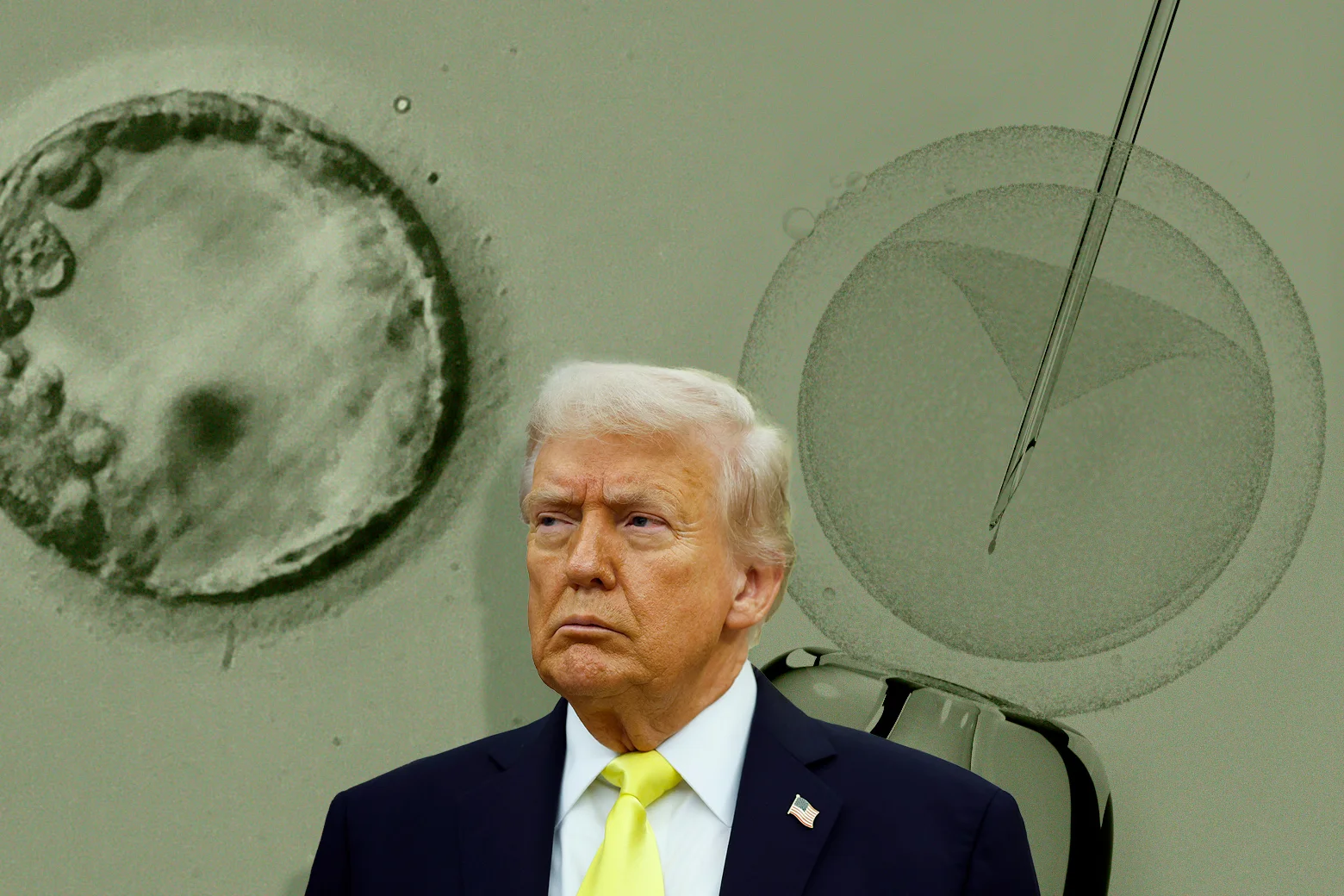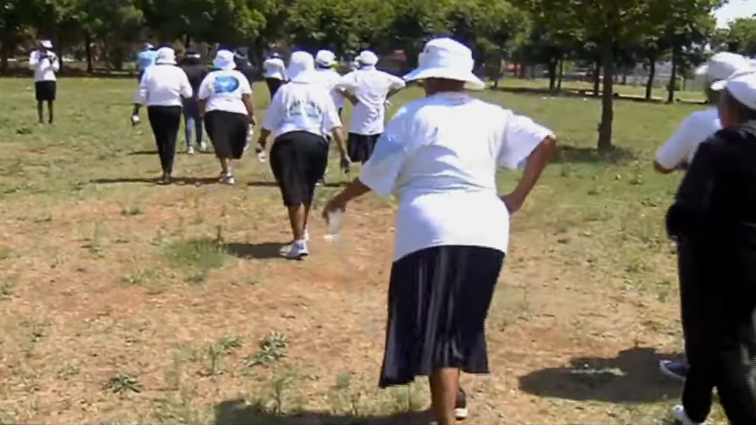Copyright dailymail

One type of cancer surges 500 PER CENT in Aussie men aged in their 30s Prostate cancer rises by 150 per cent in 20 years READ MORE: How Australia's war on smokers has backfired spectacularly By NICHOLAS COMINO, NEWS REPORTER, AUSTRALIA Published: 07:38 GMT, 7 November 2025 | Updated: 07:44 GMT, 7 November 2025 Australia is facing a concerning surge in prostate cancer diagnoses among men under 50, with new figures revealing a more than 150 per cent increase in cases over the past two decades, and a 200 per cent spike in deaths since 2014. The data, released by the Australian Institute of Health and Welfare (AIHW), has sparked urgent calls for nationwide screening and early detection. 'This is not just an old man's disease anymore,' Prostate Cancer Foundation of Australia (PCFA) CEO Anne Savage said. 'We're seeing more men in their 40s and even 30s being diagnosed, often with no warning signs. Many are completely unaware their lives may be in danger.' In 2000, the rate of prostate cancer among men aged 40-49 was 4.9 cases per 100,000. In 2025, that figure has jumped to 12.5 per 100,000, with 458 men under 49 expected to be diagnosed this year alone. Even more shockingly, diagnoses among men aged 30-39 have risen 500 per cent. 'We're losing nearly 4,000 men a year to this disease. That's 11 lives every single day. Early action saves lives - and we need to act now,' PCFA Chairman Steve Callister AM said. Prostate cancer among men under 50 in Australia rose by more than 150 per cent in 20 years By comparison, other cancers in the same age group have seen far smaller increases. Colorectal cancer is up 6.4 per cent, kidney cancer up 4.8 per cent, and testicular cancer just 1.2 per cent. Experts warn that genetic factors play a major role, with men who have a father or brother that were diagnosed at double the risk - and those with multiple relatives being up to seven times the risk. BRCA gene mutations, commonly linked to breast and ovarian cancer, also significantly increase prostate cancer risk in men. To detect prostate cancer early, doctors rely on two main screening tools. The first is the PSA blood test, which measures levels of prostate-specific antigen, a protein that may indicate cancer. The second is the digital rectal examination (DRE), where a doctor physically checks the prostate for any abnormalities. Men over 50 and younger men with a family history of prostate cancer are urged to get tested If either test raises concern, a biopsy is usually ordered to confirm the diagnosis. Further imaging and pathology tests help determine how aggressive the cancer is and whether it has spread. Health experts are urging men over 50, and younger men with a family history of prostate cancer, to speak with their GP about annual screening. Share or comment on this article: One type of cancer surges 500 PER CENT in Aussie men aged in their 30s Add comment



